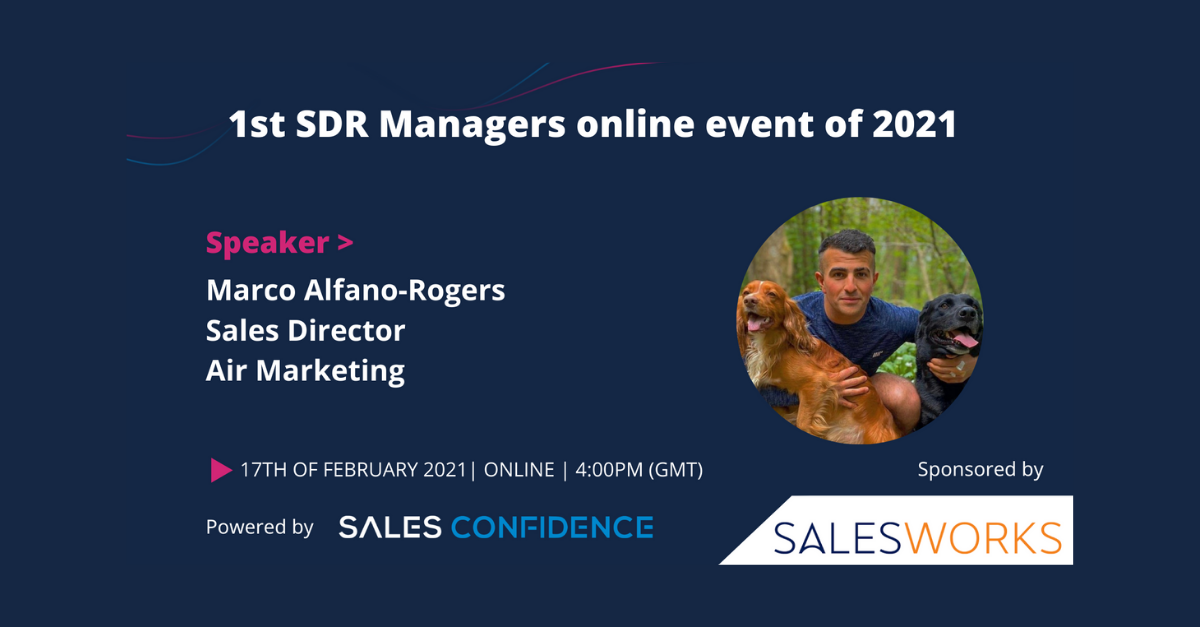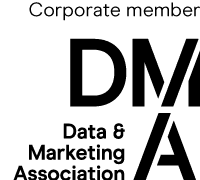A very wise person once said, ‘Honesty is the soul of business.’ And it’s reflecting on that honesty, at every stage in your strategy, that will lead to long-term success. You can apply the same logic to customer conversions. We’ve seen every business model out there, strategies propelled forward by sheer hope alone, while others prepare for the worst, so any wins, however small, smash all expectations.
When it comes to achieving goals, an in-depth look at how much of your pipeline converts into sales will arm you with the knowledge you need to plan, giving you a clear indication of what can be achieved when you break down the numbers.
Work backwards to go forwards.
How many new customers do you need to onboard a month? It can really help to work backwards. If it’s 10 new customers, do you know, typically, how many leads you need to bring in to achieve that? How many must convert to proposals, and from there, what’s your average win-rate? With a little working out, it’s easy to see where the gaps are.
And if you’re honest, do you consistently invest enough in your best-performing channels to regularly hit the number of leads you need to win those 10 new customers you’re shooting for? If you run seasonal campaigns that affect the number of leads in specific months, or your calendar has industry-wide buying trends, the answers may surprise you.
Setting achievable goals based on track record.
Many businesses have this ideal target figure for new business, but a few key considerations will affect how realistic achieving this will be for them. Firstly, have you ever achieved this before? If yes, what were the contributing factors to your success? If you regularly acquire 50% of your new business target, you need to look at what you need to do differently now to achieve your sales goal.
Data really does tell a story. Therefore, accurate data reporting and a proficient CRM system are essential to understanding historical patterns and any limiting factors in your business that might impact your typical conversion rates. Armed with this knowledge, you have a much greater understanding and visibility of your sales environment and any gaps you need to address.
Meaningful planning that delivers ROI.
We work with our clients to create a cash flow forecast, which leverages the aforementioned data insights and shows how an investment in their outsourced sales function will deliver over a 2-year period, showing expected (and realistic) ROI and timeframes. We know from experience that a consistent programme of activity will deliver results, some quick wins, but they will also be those prospects that will come to fruition months from now. In a quick-win culture, 2 years can seem like an eternity, but actually, it’s a virtuous circle, whereby the investment you make today will pay dividends far beyond the life of your campaign.
Honesty is a two-way street, so we’re always completely transparent about ROI and our projections. If you need a faster return on investment than our forecast predicts, it’s important to think carefully before investing in outsourced sales as campaigns do not deliver miracles and require time to deliver results.
If you’d like to have an honest conversation about your sales goals and how our outsourced sales experts can help you achieve them, get in touch, call 0333 250 3217 or email contact@air-marketing.co.uk.













